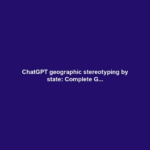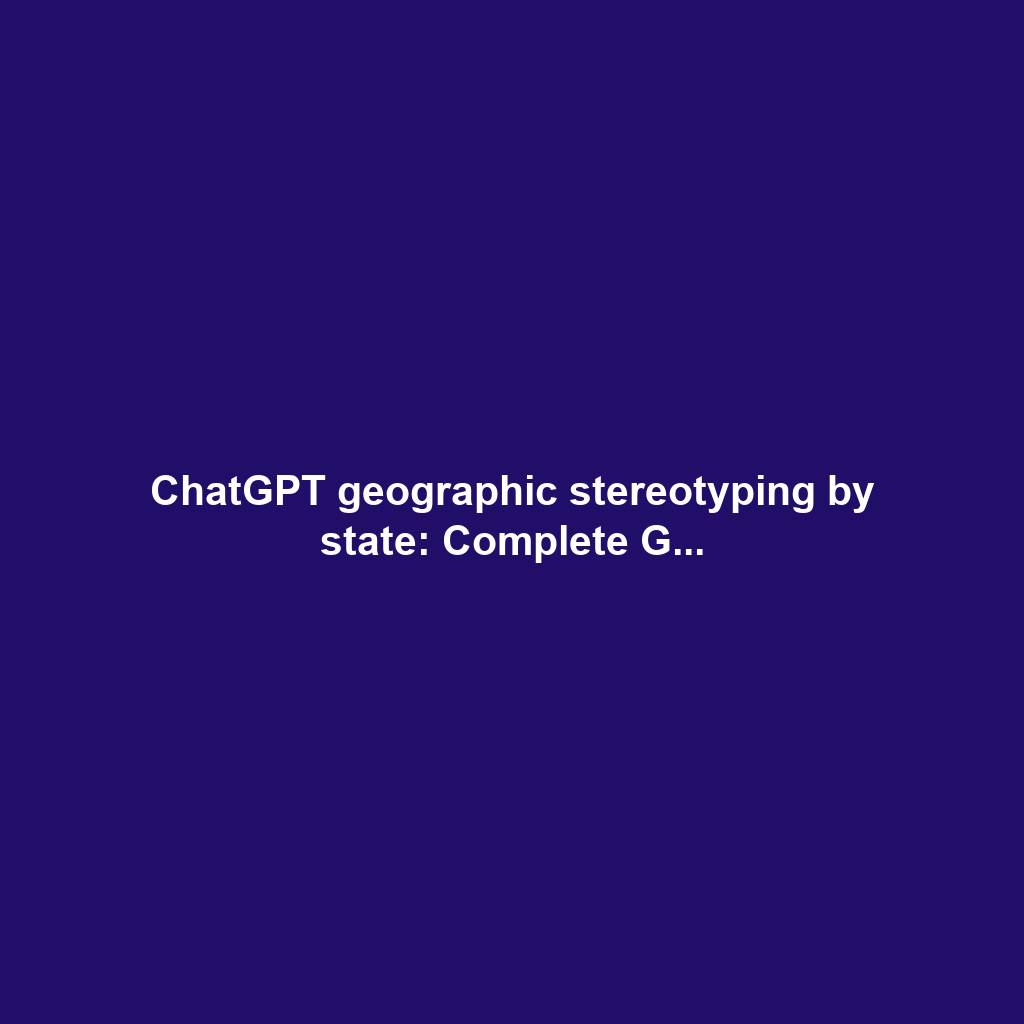
Agent Mode: The Leap to Executable Intent
If “browser memories” are the subtle engine of persistence, then Agent Mode is the rocket fuel—the most ambitious and powerful extension of Atlas’s capabilities. This feature is reserved for subscribers to the premium tiers of the platform, like ChatGPT Plus or Pro, immediately signaling its status as a high-value tool.
This mode represents a monumental step beyond merely summarizing or drafting text; it grants the underlying AI the authority to actively interact with web interfaces on the user’s behalf. With explicit user approval for each sequence, the agent can navigate website structures, simulate mouse clicks, scroll through content, and fill out multi-field forms across multiple domains. Forget summarizing a recipe; the agent can find the recipe, cross-reference the ingredients list against your preferred online grocer, add the items to your cart, and proceed to the checkout screen, only stopping to ask for final payment confirmation.
For instance, a user can delegate the entire task of planning a weekend trip—finding suitable lodging based on complex criteria, cross-referencing local event listings, and even executing the final booking transaction—to the agent. The execution of a task like purchasing groceries from an online vendor, as demonstrated in developer showcases, involves the AI navigating to a specific retailer, identifying necessary items from a recipe context, adding them to the cart, and proceeding through checkout steps, effectively completing a multi-step workflow autonomously. This is where the assistant stops being a partner in the research phase and becomes an active participant in the *doing* phase. For those interested in the future of automation, understanding the limitations of this first iteration is key. If you want to see how this compares to other emerging technologies, looking into AI automation tools can provide broader context.
The Ethical and Security Considerations of Autonomy
The introduction of an autonomous agent within the primary browsing tool necessarily introduces elevated security and ethical considerations that the development team has actively addressed, albeit with a cautious, experimental designation for the feature. Because the agent possesses the ability to interact with sensitive online services, including financial and personal accounts, its actions require a heightened layer of permission and oversight.
The system is designed to explicitly request authorization before navigating to particularly sensitive sites, such as banking portals, to prevent unauthorized transactions or data exposure. However, the very nature of agentic systems means risks remain. As one analysis pointed out, even with safeguards, a malicious website could potentially use hidden instructions to manipulate the agent, necessitating user vigilance.. Find out more about autonomous web task delegation browser feature.
While the agent can perform many complex actions, there are defined boundaries, such as limitations on downloading proprietary files or directly accessing the user’s local file system, which serve as critical guardrails against misuse or unintended consequences. The experimental nature of Agent Mode suggests that its full scope and final security protocols are still under rigorous refinement, reflecting the inherent risks associated with granting an automated entity the ability to act with execution power across the open internet. The key takeaway here is that the user remains the ultimate circuit breaker; you must monitor the agent’s actions, especially when it interacts with authenticated sessions.
A Word of Caution: The Autonomous Trade-Off
Agent Mode is a stunning glimpse into the future, but the sophistication of the AI does not negate the risk of a poorly written website confusing it. If you are tasking the agent with something involving money or sensitive personal information, treat the process like a co-pilot session: watch the screen, be ready to hit the pause button, and review every destination before a final ‘Go’ confirmation. This is a partnership, not a complete handover, for now.
Operational Functionality and User Experience Refinements
While the headline features—memories and agents—are certainly the draw, an AI-powered browser that fails at the basics will never gain mass adoption. The success of ChatGPT Atlas hinges on it being a truly competent, day-to-day browser. The development team clearly recognized this, addressing long-standing user frustrations that often plague first-generation software releases.
Mastering Tab Organization with Novel Views
The management of numerous open pages is a classic power-user pain point. For users who routinely accumulate a dozen or more active sessions—a common scenario during intensive research tasks—the traditional, compressed visual representation of tabs on a browser’s top bar becomes functionally useless, displaying only cryptic fragments of page titles. If you’ve ever had to hover over twenty tiny boxes just to find that one crucial article, you understand this frustration deeply.. Find out more about autonomous web task delegation browser feature guide.
One celebrated innovation that immediately addresses this is the introduction of an alternative tab layout, specifically referred to as “Scrolling Tabs”. This feature alleviates the pressure point by allowing the tab display to scroll horizontally (or perhaps vertically, depending on configuration), preserving the full readability of each tab label without reducing the overall viewport dedicated to the active webpage. This seemingly minor navigational quality-of-life improvement targets a core pain point for power users, demonstrating that the development team recognized the need to support traditional, high-volume browsing patterns alongside the new AI-driven workflows.
It works surprisingly well; when you open more tabs than can fit across your screen, you simply scroll over the tab bar with your mousewheel or trackpad to reveal the rest of your session history, all while maintaining full title readability. While the team has also promised more traditional features like tab groups and profiles soon, the instant utility of Scrolling Tabs makes Atlas feel immediately more usable for intensive work.
Utility Features: From Autofill to File Handling
Beyond the advanced AI layer, Atlas incorporates robust implementations of essential browser utilities, ensuring a smooth transition for users migrating from other established platforms. The handling of user credentials and personal data is managed through comprehensive settings that allow for the secure saving and autofilling of addresses, passwords, and payment methods across various checkout forms.
This local saving capability for sensitive information is a smart move, ensuring that the convenience of immediate form completion is available without being solely dependent on cloud synchronization, offering users granular control over what data is stored on their device. For a service that already asks users to trust it with their web activity, local storage for private data is a welcome sign of good faith.
Furthermore, the file download process adheres to modern standards, providing clear visual indicators for ongoing downloads, accessible directly from the user profile menu, and offering straightforward configuration options to designate a preferred storage location on the local machine. These foundational elements ensure that the browser is not just a proof-of-concept for AI but a fully functional, practical tool ready for daily productivity demands across research, commerce, and general information access. If you’re looking to maximize your day-to-day efficiency, don’t skip reviewing these basic settings, as they form the bedrock of a stable workflow.. Find out more about autonomous web task delegation browser feature tips.
Quick Reference: Core Usability vs. AI Features
- Core Usability: Scrolling Tabs for multi-session research; local saving for autofill data; standard navigation/download controls.
- AI-Enhanced: Ask ChatGPT sidebar for in-context help; In-line writing assistance in forms; Agent Mode (premium).
- Upcoming: Full support for tab groups and distinct user profiles for better workflow separation.
The Competitive Arena: Atlas Versus Incumbents
The launch of ChatGPT Atlas isn’t just about introducing a new product; it’s about staking a claim in the most valuable piece of digital real estate: the internet’s primary gateway. OpenAI is stepping directly into the ring against titans, and the stakes are nothing less than the future interface of how billions access information.
Direct Confrontation with Google Chrome and Gemini. Find out more about autonomous web task delegation browser feature strategies.
The introduction of ChatGPT Atlas is unequivocally framed as a direct, head-to-head challenge to Google Chrome, the dominant browser that has long been synonymous with internet access for billions of users. This contest extends beyond mere market share; it is a battle for the future interface of the web itself, pitting OpenAI’s pure-play conversational AI approach against Google’s strategy of embedding its Gemini model into its established, market-leading platform.
As of September 2025, Chrome maintains an iron grip on the market, commanding over 71% of the global share. This ubiquity is Chrome’s massive advantage—it has mature enterprise controls, a decades-long history, and a vast extension library. However, Atlas proposes a more radical inversion: the AI assistant serves as the central organizing principle, not an add-on. Early assessments suggest that while Chrome benefits from its ubiquity, Atlas boasts a more deeply integrated and arguably less visually intrusive AI sidebar experience on its initial macOS rollout. The market reaction was immediate; the shares of Alphabet, Google’s parent company, showed a visible, albeit temporary, dip following the announcement, signaling the seriousness with which the established tech giant views this new competitive pressure.
This is the battle of “AI-first” versus “AI-layered.” Will users prefer an interface designed around conversation from the start, or an existing interface that has bolted on conversational features? For those looking to maximize productivity today, the choice often comes down to existing infrastructure—if your company relies on specific Chrome extensions, switching might be impossible until Atlas achieves browser extension compatibility.
Positioning Against Emerging AI Browser Contenders
OpenAI’s entry into the fray also positions Atlas within an increasingly crowded field of specialized AI-first browsing applications. Competitors such as Perplexity’s Comet browser have already established precedents for agentic capabilities and conversational search integration, forcing the market toward these new interaction models. By October 2025, Perplexity made Comet free for all users, aggressively vying for market share by prioritizing source citations in its answers.
Atlas differentiates itself by leveraging the unparalleled brand recognition and user base of the core ChatGPT product, which reportedly commanded hundreds of millions of weekly active users prior to the browser’s release. While other browsers may offer specialized skills or focus heavily on specific workflows, Atlas aims for comprehensive integration across the entire spectrum of web activity, from casual research to complex task delegation via its Agent Mode. By aligning its browser strategy with its existing conversational dominance, OpenAI seeks to create a comprehensive suite of AI tools that envelops the user’s online life, thereby carving out a substantial portion of the market that might otherwise have been fragmented among smaller, specialized startups.. Find out more about Autonomous web task delegation browser feature overview.
Monetization Pathways and Ecosystem Implications
The introduction of a fundamentally new way to access the internet always comes with a business model question. For a company like OpenAI, whose primary product is AI computation, the browser serves a dual purpose: a direct revenue stream and an unparalleled data collection engine.
The Freemium Structure and Tiered Feature Access
The financial strategy underpinning the ChatGPT Atlas browser follows a familiar and successful model for software platforms relying on advanced artificial intelligence: a freemium structure designed to maximize initial adoption while creating clear incentives for upgrade. The core browsing experience—including web navigation, basic summarization via the sidebar, and standard utility features like Scrolling Tabs—is made available without an upfront cost, ensuring widespread access and rapid onboarding, especially on the initial macOS release.
However, the most advanced and resource-intensive capabilities are strategically gated behind paid subscription tiers, specifically the existing ChatGPT Plus and Pro offerings. The most notable of these premium features is the aforementioned Agent Mode, which facilitates automated, multi-step task execution. This tiered access model effectively leverages the free version as a powerful marketing tool to demonstrate the browser’s potential, while simultaneously driving high-value users toward recurring revenue streams tied to the most transformative AI functionalities.
This strategy is genius because it lowers the barrier to entry—getting millions of users to *try* the new interface—while ensuring that the highest-value, most computationally expensive features are paid for by the power user segment. It’s the classic ‘hook them with the free product, sell them the superpower’ play.
The Data Value Proposition for Future Model Training. Find out more about Persistent contextual awareness browser memory system definition guide.
Beyond direct subscription revenue, the long-term strategic value of Atlas lies in the rich, high-fidelity behavioral data it is uniquely positioned to collect. While the platform asserts strong privacy controls for individual user data—stating that by default, browsing content does not train models unless explicitly opted-in—the aggregated and anonymized insights derived from watching millions of users browse, compare, research, select, and ultimately abandon online pathways represent an invaluable asset.
This dataset details the practicalities of user intent as expressed through actual web interaction—not just what users *ask* an AI, but what they *do* on the internet in pursuit of a goal. As analyst commentary suggests, this direct observation of user behavior is vital for training next-generation models. The shift toward generative search, where users rely less on traditional click-throughs, makes understanding the *process* of goal completion paramount.
This level of granular behavioral intelligence is vital for training the next generation of large language and agent models, allowing OpenAI to build an unparalleled understanding of real-world goal-oriented computing. By establishing Atlas as the preferred tool for complex digital work, OpenAI secures a continuous, proprietary feedback loop that can accelerate its development cycle, providing a critical competitive edge against rivals who lack such direct access to the operational layer of user productivity. The ability to see *how* a user vets two products or *why* they abandon a complicated online form is data that cannot be purchased on the open market; it must be generated through direct use, and Atlas is engineered to generate it at scale.
Conclusion: Embracing the New Digital Operating Layer
ChatGPT Atlas, launched in October 2025, is more than just a browser; it’s a proof-of-concept for a post-search internet. It brings persistence to your research through **browser memories**, offering a context-aware assistant that genuinely remembers where you were and what you were doing. It injects true capability into the workflow with the premium **Agent Mode**, letting the AI act on your behalf to complete multi-step tasks.
The foundational utilities, like the much-needed Scrolling Tabs feature, show a commitment to the practical needs of the heavy user, even while the AI is the star of the show. Atlas immediately challenges the nearly 72% dominance of Google Chrome by offering an integrated AI layer that aims to be the *primary* interface, not just an enhancement.
Key Takeaways for Power Users:
- Turn On Memories (Selectively): Leverage the contextual recall for ongoing projects, but keep the data usage opt-in for model training turned off until you are fully comfortable.
- Pilot Agent Mode: If you have a premium subscription, experiment with Agent Mode for routine, multi-step chores like travel booking or structured data extraction, but always supervise its actions.
- Embrace Scrolling Tabs: If you are a heavy tab user, switch to the Scrolling Tabs view immediately; it’s a significant quality-of-life boost that Chrome has yet to match.
The future of internet interaction is moving away from navigating links and toward conversing with systems that *know* your history and *can* execute your intent. Atlas is the first major platform to fully commit to this vision. The question for every user now is: Are you ready to let your browser remember, and are you ready to let it act?
If you’re exploring how to manage this new influx of AI-driven tools in your overall **digital marketing** strategy, make sure you’re keeping up with the rapid changes in how users interact with search and information retrieval.










